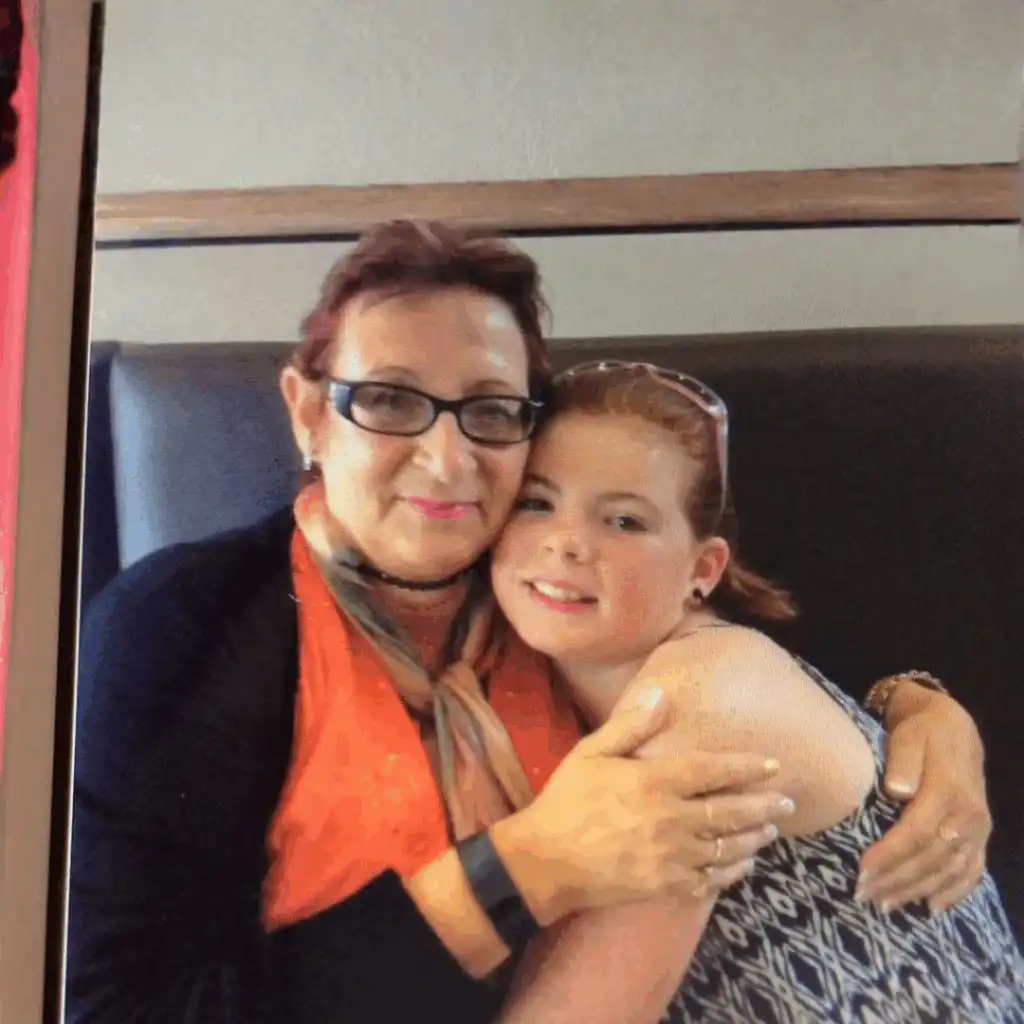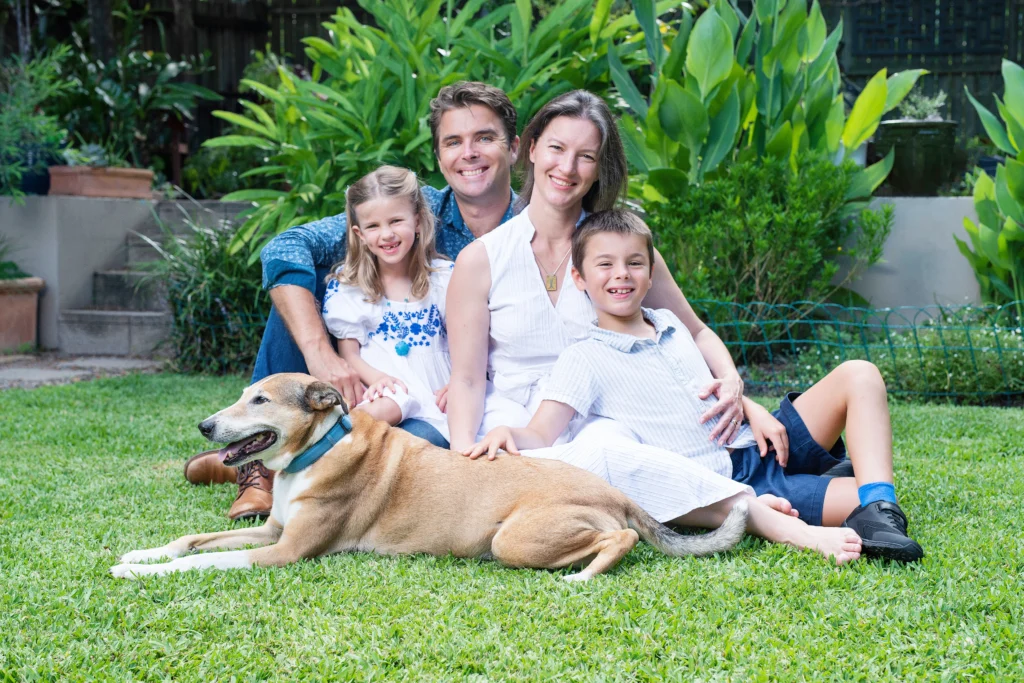By Professor Suzanne Chambers, Director of Menzies Health Institute and Professor of Allied Health Research, Griffith University, Queensland
Being told you have lung cancer is for most people a moment they will never forget. The world often feels somehow different and this can be a lonely, isolating and distressing time. A common way to explain why the experience of lung cancer causes feelings of anxiety or sadness, is to describe it as a major life stress. This is when an event happens to us that causes a threat or danger to things that matter to us most. Cancer is a threat that goes to the core of us. It is a threat to life and survival, and many people fear and feel uncertain about what the future may hold.
Cancer can also be a threat to a person’s sense of self: Will I be the same as I was before? Will I still be able to do the things that matter to me? Cancer can lead a person to feel uncertain about relationships: Will people want to be close to me? Sometimes people worry that others will judge them for their cancer, or blame them in some way, and this can increase feelings of distress and isolation. So, it comes as no surprise that a diagnosis of cancer is often (almost always) accompanied by feelings of fear, shock, anger, deep sadness and confusion. People can find it hard to concentrate, and might have physical signs of stress such as an upset stomach, feeling irritable, or have restless sleep.
One way to describe this is to think of what would happen if you were facing a lion. Our bodies are designed to recognise threats and respond in a way that will protect us from harm. So if you found yourself faced by a lion, your body would instantly recognise the lion as a serious threat, and would get you ready biologically to fight or to run – the fight and flight response. This response is quite helpful in the face of a lion, but not so helpful when the threat is cancer.
This means that while you are thinking and trying to work out what the cancer diagnosis means for you, your body is sending out physical fear reactions, and the emotions that go with this are inevitably unpleasant, such as feeling sad, anxious, or afraid. This can make it harder to make decisions and solve problems as they arise.
Much the same things can happen to partners, family and friends. Standing beside someone you love and watching them undergo difficult cancer treatments can be heart breaking. You might feel powerless to help. Family often report different worries than the patient, and it can be hard to share these when you see your job as being a support person. For patients and family, understanding the stress response and how this affects you individually is a great first step towards a self-care plan to help manage the challenges ahead.
No one deserves lung cancer and everyone deserves access to help and support when they or someone close to them has this disease. There is no one right way to cope and everyone is different. However what can help is being flexible, reaching out, and being your own best friend. For further information and support, phone Lung Foundation Australia’s Lung Cancer Support Nurse via freecall 1800 654 301.
Was this page helpful?
Good job! Please give your positive feedback
How could we improve this post? Please Help us.



